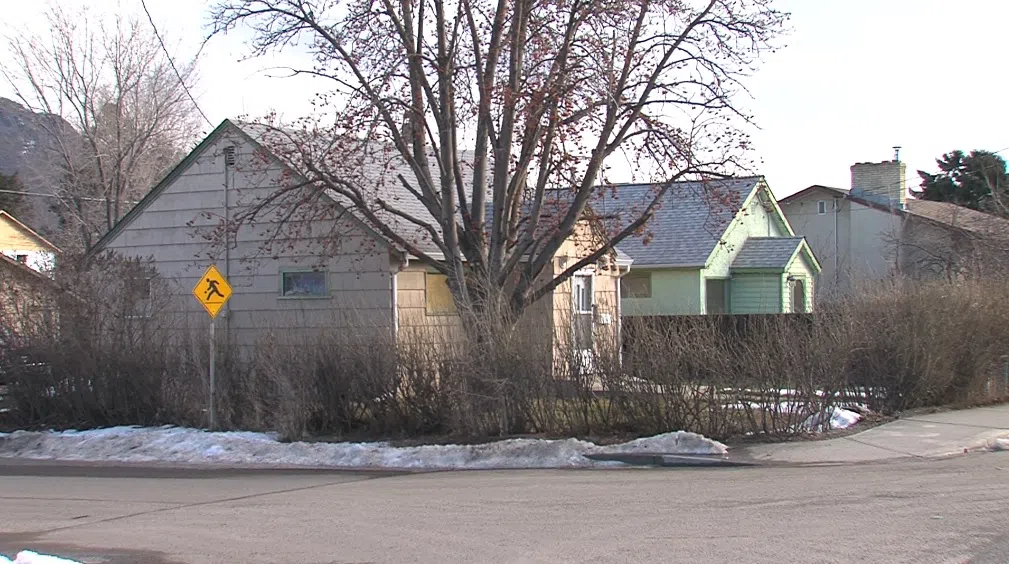
Kamloops businesses, landlords urged to help sponsor refugees
KAMLOOPS— Syrian refugees coming into Canada, about 14,000 since November, have been welcomed with open arms across the country.
WATCH: Full story by Reporter Chad Klassen
But soon into starting their new lives, many families aren’t settled, still living in temporary housing or staying in hotels.


